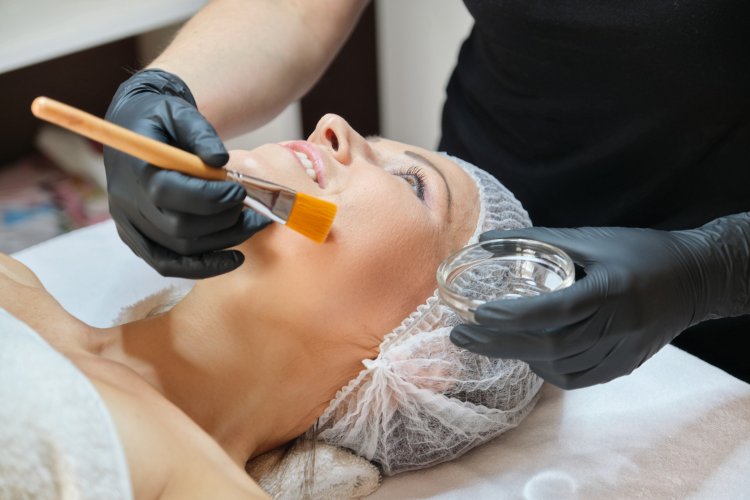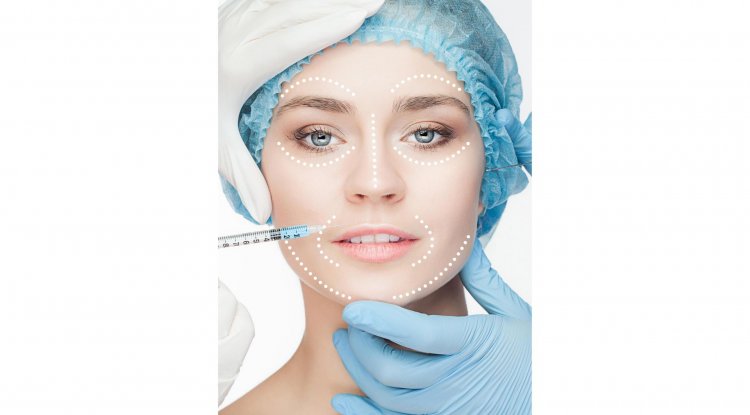Retinoids: The Ultimate Guide to Acne, Aging, and Skin Health
Retinoids, derivatives of vitamin A, have gained prominence in dermatology due to their profound impact on skin health and their ability to treat a variety of skin conditions. From combating acne to reversing signs of aging, retinoids offer a versatile toolkit for dermatologists. This article explores the chemical structure, types, mechanisms of action, clinical applications, side effects, and future directions of retinoid research.

Chemical Structure and Types
Retinoids are characterized by a polyene chain terminating in a functional group. They are structurally similar to vitamin A and can be classified into three main generations based on their chemical structure and receptor affinity:
First-Generation Retinoids
- Retinol: The alcohol form of vitamin A, commonly found in over-the-counter skin care products.
- Retinaldehyde: An aldehyde form, intermediate in the conversion of retinol to retinoic acid.
- Tretinoin (all-trans retinoic acid): The most bioactive form, commonly used in prescription acne treatments.
Second-Generation Retinoids
- Isotretinoin (13-cis retinoic acid): Known for its use in severe acne treatment, it reduces sebaceous gland size and sebum production.
- Etretinate: Used for psoriasis, although less common due to its long half-life and teratogenicity.
Third-Generation Retinoids
- Adapalene: Known for its stable chemical structure and lower irritation potential, often used in acne treatments.
- Bexarotene: Used primarily in the treatment of cutaneous T-cell lymphoma.
- Tazarotene: Effective in treating psoriasis and acne with a lower risk of irritation.
Mechanism of Action
Retinoids function by modulating gene expression through their interaction with nuclear receptors. The primary receptors involved are:
- Retinoic Acid Receptors (RARs): These receptors have three subtypes (RAR-α, RAR-β, and RAR-γ), each with distinct tissue distributions and functions.
- Retinoid X Receptors (RXRs): These also have three subtypes (RXR-α, RXR-β, and RXR-γ) and can form heterodimers with RARs to regulate gene expression.
Upon binding to these receptors, retinoids influence the transcription of genes involved in cellular processes such as proliferation, differentiation, and apoptosis. This regulation helps to normalize skin cell turnover, reduce inflammation, and decrease sebaceous gland activity.
Clinical Applications
Retinoids are employed in various dermatological treatments, each tailored to leverage their specific benefits:
Acne
- Topical Retinoids: Tretinoin, adapalene, and tazarotene are commonly used to reduce comedone formation, enhance cell turnover, and exert anti-inflammatory effects.
- Oral Isotretinoin: Reserved for severe cases, isotretinoin significantly reduces sebaceous gland size and sebum production, leading to long-term remission in many patients.
Psoriasis
- Tazarotene: This third-generation retinoid helps in normalizing abnormal keratinocyte differentiation and reducing hyperproliferation, key features of psoriasis.
- Acitretin: A metabolite of etretinate, used for its efficacy in treating severe psoriasis and keratinization disorders.
Photoaging
- Tretinoin: Proven to reduce wrinkles, hyperpigmentation, and roughness by promoting collagen synthesis and skin cell turnover.
- Retinol and Retinaldehyde: Used in over-the-counter products to improve skin texture and tone with a lower irritation potential compared to tretinoin.
Cutaneous T-cell Lymphoma
- Bexarotene: Utilized for its ability to induce apoptosis and inhibit proliferation of malignant T-cells.
Side Effects
While effective, retinoids can cause a range of side effects, particularly with improper use:
Topical Retinoids
- Irritation: Common side effects include erythema, peeling, dryness, and burning sensations. These are usually dose-dependent and can be mitigated by adjusting the frequency and concentration of application.
- Photosensitivity: Increased sensitivity to UV radiation necessitates the use of sunscreens and protective measures.
Oral Retinoids
- Teratogenicity: Oral retinoids like isotretinoin and acitretin are highly teratogenic, requiring strict contraceptive measures for women of childbearing potential.
- Mucocutaneous Side Effects: These include cheilitis, dry skin, and mucous membrane dryness.
- Systemic Effects: Potential side effects include dyslipidemia, hepatotoxicity, and mood changes. Regular monitoring of liver function and lipid levels is essential during treatment.
Future Directions
The future of retinoid research focuses on enhancing efficacy while minimizing side effects. Key areas of exploration include:
- Novel Retinoid Molecules: Development of new retinoid analogs with improved receptor selectivity and reduced irritation potential.
- Advanced Delivery Systems: Innovations such as liposomal encapsulation and nanoparticle delivery aim to enhance skin penetration and reduce systemic absorption, improving tolerability and effectiveness.
- Combination Therapies: Combining retinoids with other therapeutic agents, such as antioxidants, peptides, and anti-inflammatory compounds, to enhance outcomes and reduce adverse effects.
- Genetic and Molecular Research: Understanding the precise genetic and molecular mechanisms of retinoid action can lead to more targeted therapies, particularly for conditions with a genetic component.
In conclusion, retinoids remain a cornerstone in dermatology due to their versatile applications and potent effects on skin health. While they offer significant benefits in treating acne, psoriasis, and photoaging, careful management is required to mitigate potential side effects. Continued research and innovation promise to refine retinoid therapies, making them more effective and accessible for a broader range of patients. By understanding the complex nature of retinoids, healthcare professionals can better harness their potential, leading to improved patient outcomes and enhanced skin health.
Disclaimer: The information provided in this article is for educational purposes only and should not be considered medical advice. If you have any health concerns or are experiencing symptoms, it is important to consult with a healthcare professional, such as a doctor or clinic, for proper diagnosis and treatment. Always seek the advice of your doctor or other qualified health provider with any questions you may have regarding a medical condition. Do not disregard professional medical advice or delay in seeking it because of something you have read in this article.
Hashtags
#Retinoids #Skincare #Dermatology #AcneTreatment #PsoriasisTreatment #Photoaging #SkinHealth #MedicalDisclaimer
What's Your Reaction?





















